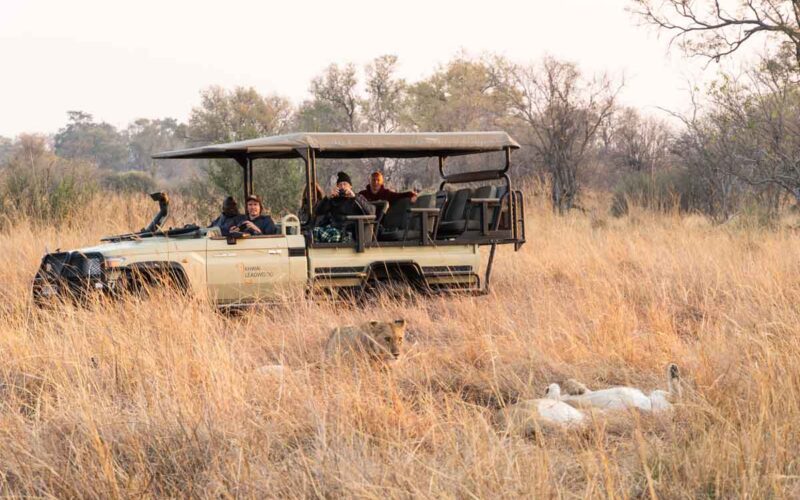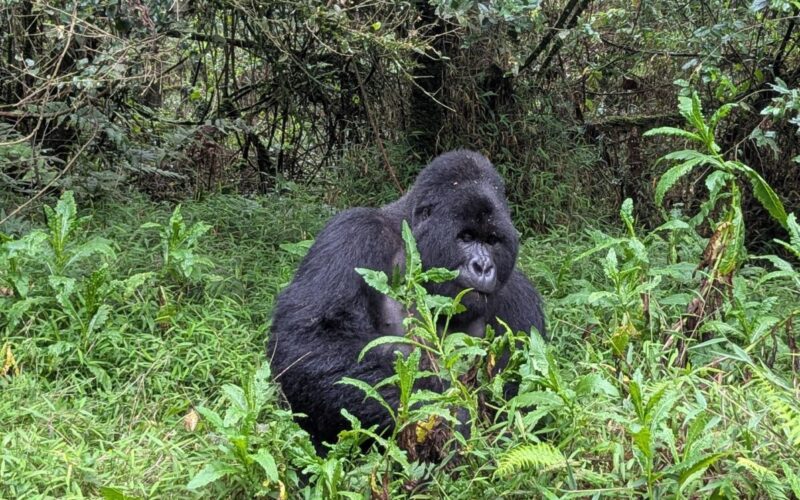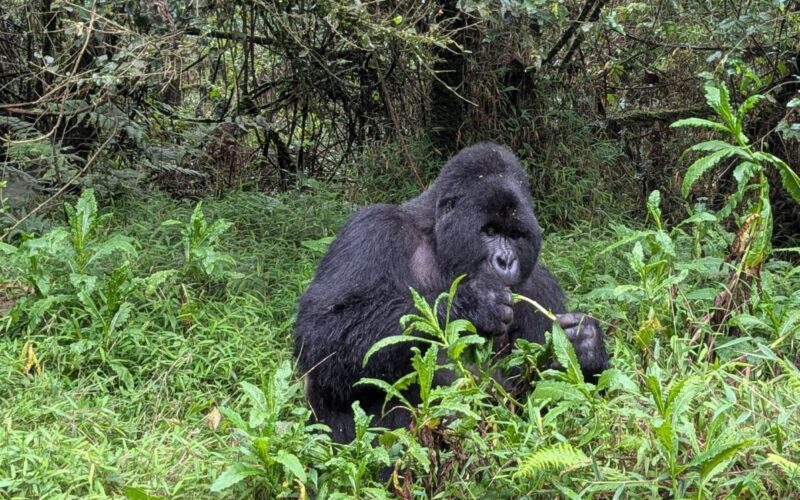
Rafting in Jinja Uganda
September 1, 2023
Shopping in Uganda While on Safari
September 1, 2023Self-Drive Safaris in Uganda
Self-drive safaris in Uganda offer a unique and adventurous way to explore the country’s diverse landscapes, abundant wildlife, and rich culture. However, it’s essential to be well-prepared and informed before embarking on a self-drive safari.
While self-drive safaris in Uganda can be an exciting and immersive way to experience Uganda’s beauty, they also come with certain challenges. It’s recommended to have some experience with off-road driving and navigation in unfamiliar areas. If you’re unsure or less experienced, consider a guided safari to ensure a smoother and safer experience.
Here Are Some Tips And Considerations For Self-Drive Safaris In Uganda
Vehicle Rental:
Rent a 4×4 vehicle, preferably with high ground clearance, to navigate through varying road conditions, including dirt tracks and uneven terrain.
Navigation:
Get detailed maps or a GPS navigation system to help you navigate through the country. Make sure your navigation tools cover the areas you plan to visit.
Driving Conditions:
Ugandan roads can vary widely, from well-paved highways to rough and muddy tracks. Be prepared for challenging driving conditions, especially in rural and remote areas.
Permits and Documentation:
Obtain an international driving permit and ensure your driver’s license is valid in Uganda.
Check if any permits (such as national park entry permits) are required and obtain them in advance.
Safety Precautions:
Drive cautiously and be aware of local road rules and driving practices.
Drive during daylight hours to avoid navigation challenges and potential wildlife encounters at night.
Wildlife Encounters:
Be cautious while driving through national parks and wildlife reserves. Follow park regulations and keep a safe distance from animals.
Accommodation:
Plan your accommodations in advance, especially if you’re visiting popular tourist areas. Uganda offers a range of lodges and campsites.
Fuel and Supplies:
Fill up your fuel tank whenever possible, especially when leaving urban areas.
Stock up on essential supplies, such as water, food, and basic medical supplies, before heading to more remote areas.
Communication:
Ensure you have a reliable communication device, such as a mobile phone, with coverage in the areas you’ll be traveling.
Local Knowledge:
Familiarize yourself with local customs and cultural norms to ensure respectful interactions with local communities.
Wildlife Viewing:
Research the best wildlife viewing areas and times to maximize your chances of spotting animals.
Hiring a Guide:
If you’re not familiar with the local terrain or driving conditions, consider hiring a local guide or joining a guided self-drive safari.
Conservation and Responsible Tourism:
Practice responsible tourism by respecting wildlife, following park rules, and supporting local communities and conservation efforts.
Emergency Contacts:
Keep a list of emergency contacts, including local authorities, embassies, and your rental company.
Travel Insurance:
Make sure you have comprehensive travel insurance that covers vehicle rental, medical emergencies, and unexpected events.
Long Uganda Safaris Tour Holidays
10 Days Uganda Cultural Safari




